
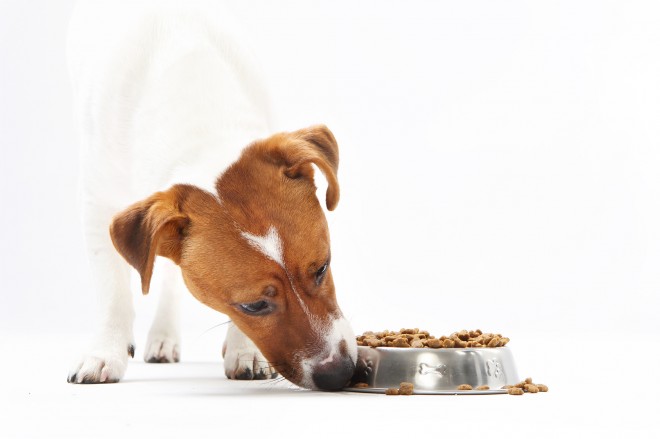
Food aggression is a behavioural problem that occurs when your dog becomes very possessive and defensive about their food resources, leading to potential displays of warning aggression and even biting and snapping at people or other dogs when they are eating. While this problem is most likely to occur in dogs whose prior history has caused them to become insecure about their food and where their next meal is coming from, it can also present itself in dogs that have a known history and no genuine reason to be concerned about getting enough to eat.
It is also all too easy to inadvertently cause food aggression in your own dog, and once a problem has begun to develop, it is much harder to correct it than it is to prevent an issue arising in the first place. Read on to learn about some of the main things that can cause a dog to become aggressive at mealtimes, and how to avoid causing a problem.
If your dog has previously been neglected and got used to going hungry, when they do get a meal they are likely to become very defensive about it, to ensure that they get every last scrap of their dish in preparation for expecting a long period of time before their next meal. This can happen in dogs that have been poorly treated or not reliably fed in the past, but it can also occur if your dog is hungry between meals, such as if they are not being fed enough or are only fed once per day.
If your dog fears their food being removed from them before they have finished eating, they may become aggressive and defensive while they are eating to warn off people who may interfere with their food. You should never take your dog’s food away from them when they are eating without a very good reason, and you should also ensure that any children you might have do not interfere with the dog’s food either.
If your dog is a little uncertain or does not feel safe and secure about their home and their handler, this can cause resource guarding and also, defensive aggression about their food. Work to build your dog’s trust in you and in their living situation by being consistent and reliable in terms of the living situation and environment that your dog lives within.
If you have more than one dog, feeding them a considerable distance apart or even in different rooms can help to provide both dogs with a better sense of security and calmness at mealtimes. If one of your dogs is apt to push the other one away from their food or consume the other dog’s meal once they have eaten their own, this will cause a lot of food insecurity for the other dog, and possibly manifest as aggression. Even if neither of your dogs steal food from the other one nor threatens them when they are eating, just the presence of the other dog may be enough to upset a dog that is apt to be defensive about their meals.
You should instigate and enforce a firm household rule that no one disturbs the dog when they are eating, either by interfering with their food or getting too close to them when they are having their meal. But even feeding your dog in the same room as you, particularly if this is in the kitchen when you are preparing a meal or a lot of other people are around can make your dog feel insecure and unable to relax over their dinner, so feed your dog in a quiet place without a lot of other people around.
Dogs thrive on routine, and never is this truer than when it comes to their meals. Insecurity for any reason can lead to aggression, and if your dog is fed at irregular times and is not able to get into a routine of knowing when they will be fed, they may become insecure about their meals and react in much the same way as a dog that has previously been uncertain about when they might be fed next.
Nobody likes to be rushed to eat and finish their meals, and this is also true for your dog. Never try to deliberately rush your dog to eat faster or finish up, and be careful that a hive of activity in the home or the expectation of an upcoming walk or other activity do not cause your dog to feel pressured to eat faster, which can cause them to become snappy.
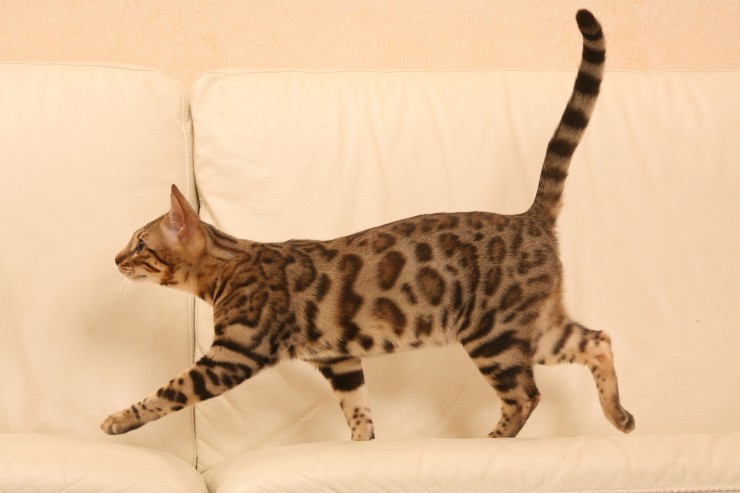 Cats And Spinal Injuries
Cats And Spinal I
Cats And Spinal Injuries
Cats And Spinal I
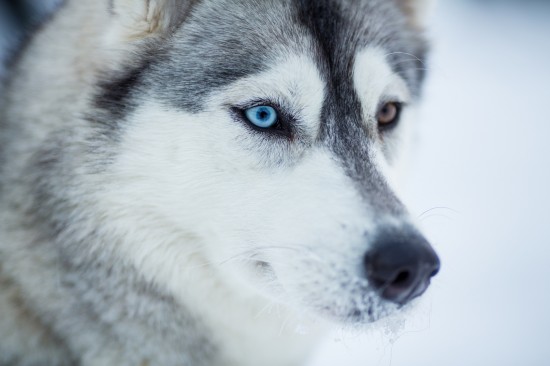 Understanding The Vision Of Dogs - What Does Your Dog See?
Understanding The
Understanding The Vision Of Dogs - What Does Your Dog See?
Understanding The
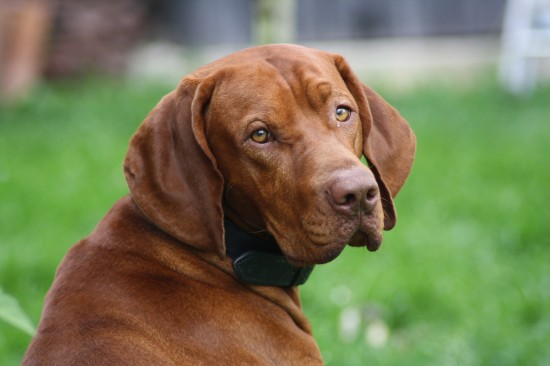 Hungarian Vizsla Hereditary Health And Longevity
Hungarian Vizsla
Hungarian Vizsla Hereditary Health And Longevity
Hungarian Vizsla
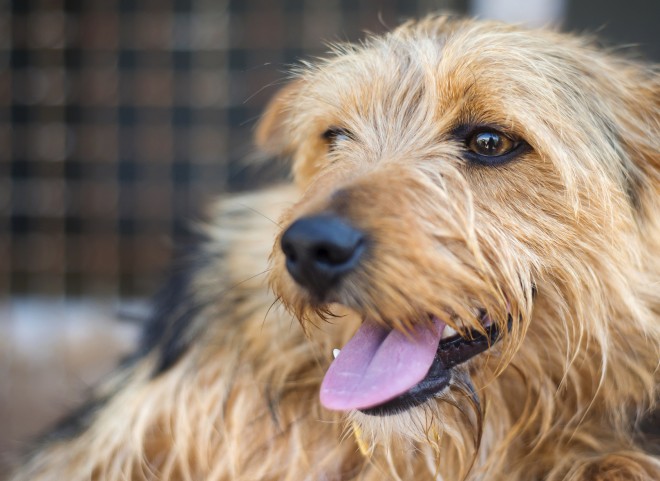 Five Common Myths And Misconceptions About Cat And Dog Rehoming Centres
Five Common Myths
Five Common Myths And Misconceptions About Cat And Dog Rehoming Centres
Five Common Myths
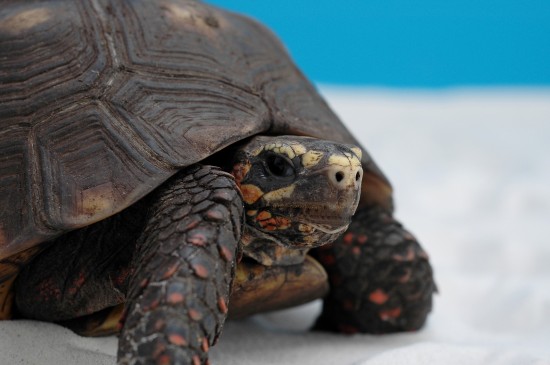 Reptile Brumation Explained
Reptile Brumation
Reptile Brumation Explained
Reptile Brumation
Copyright © 2005-2016 Pet Information All Rights Reserved
Contact us: www162date@outlook.com